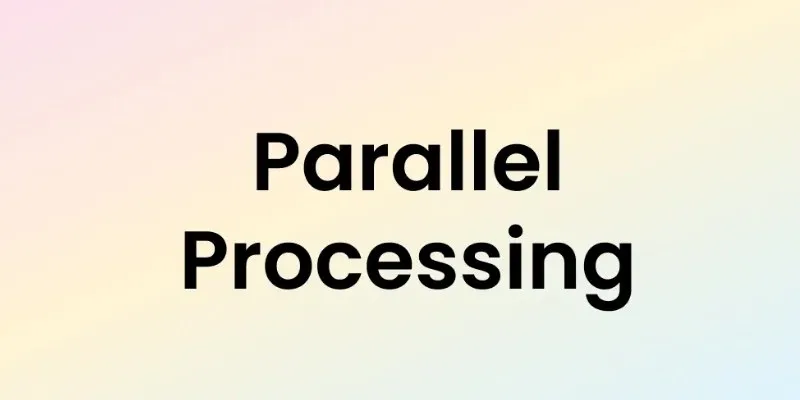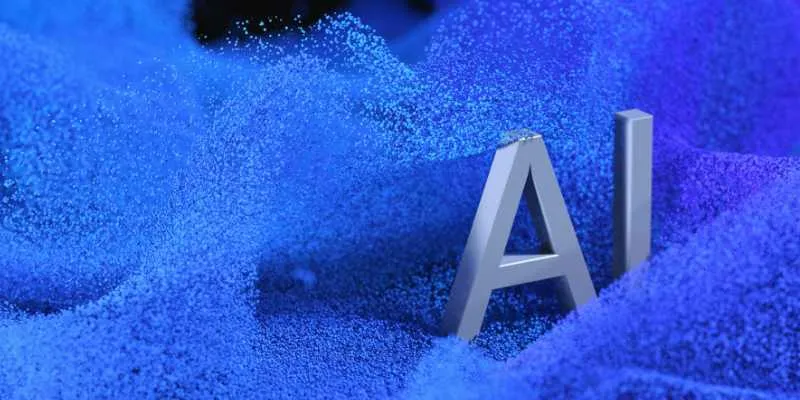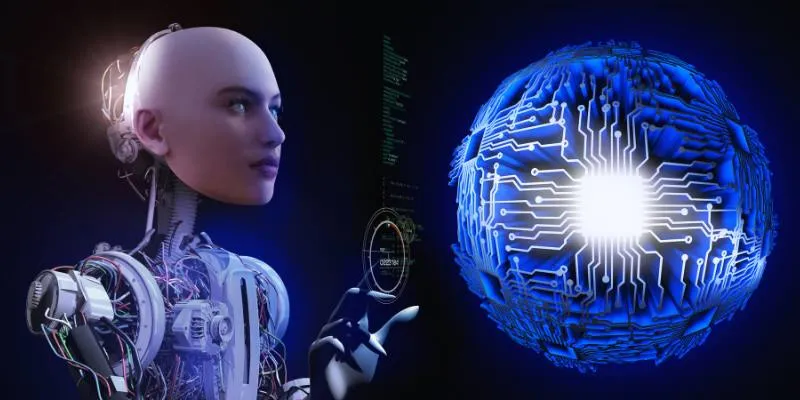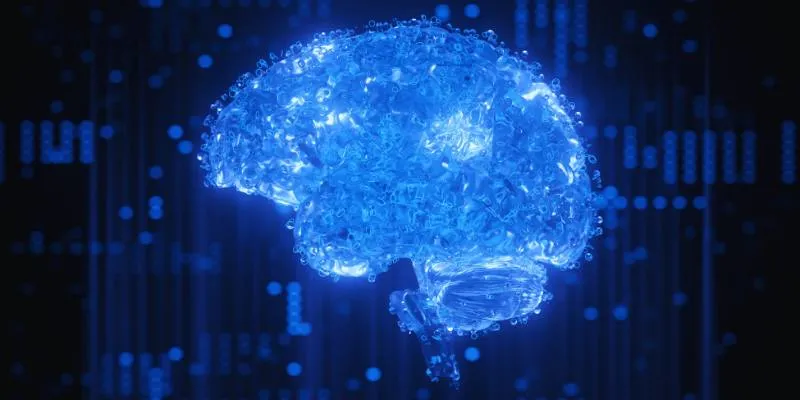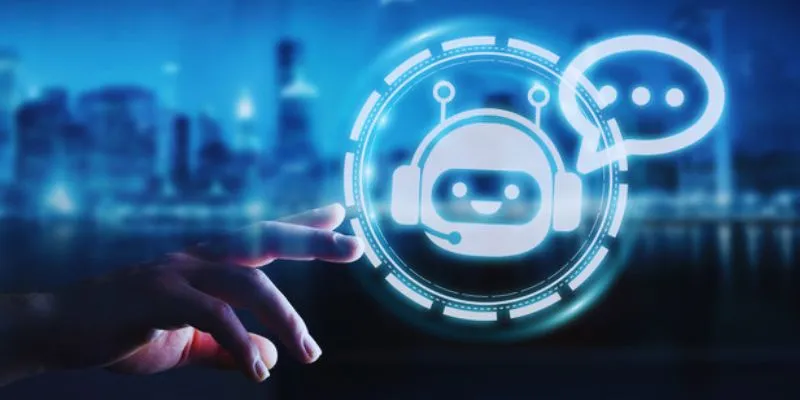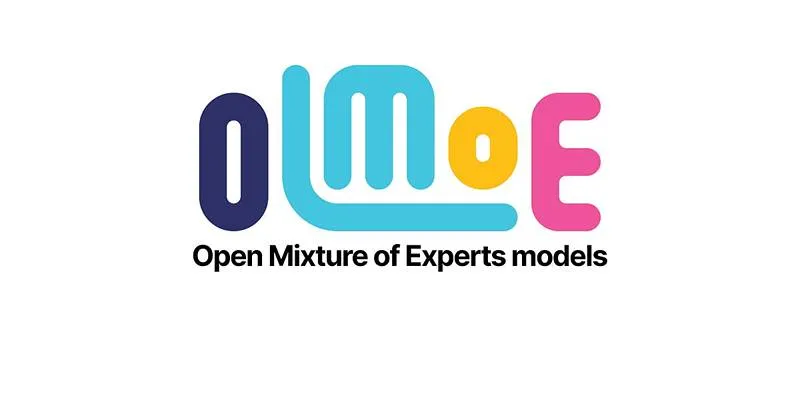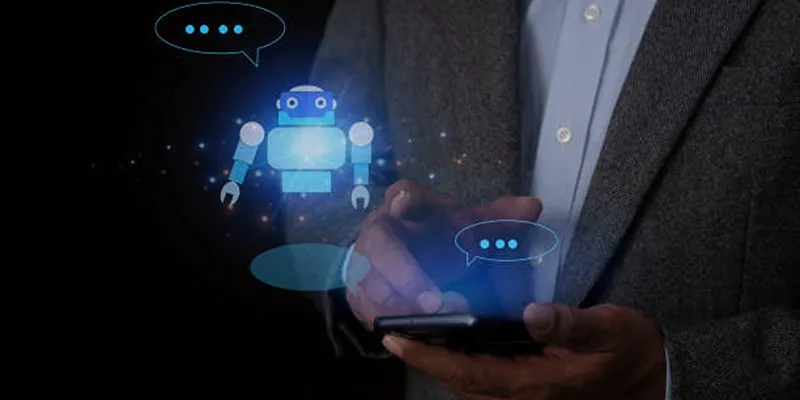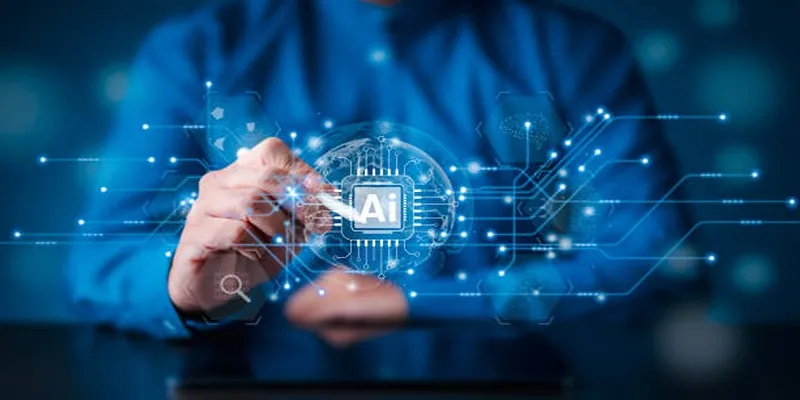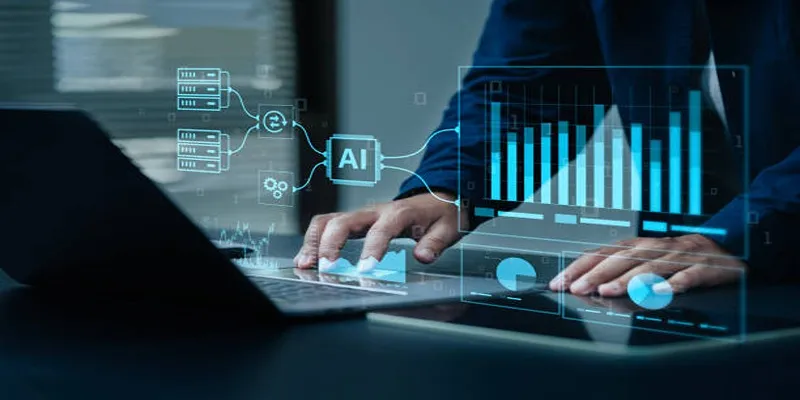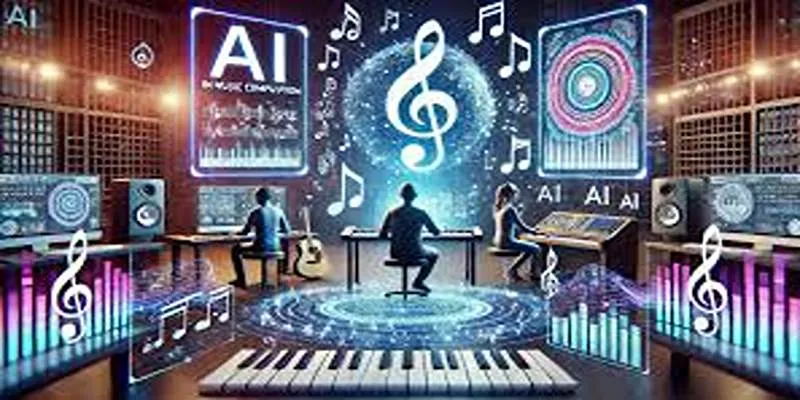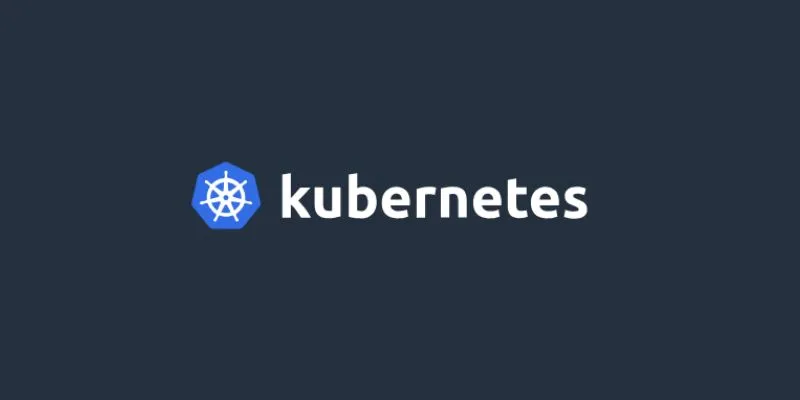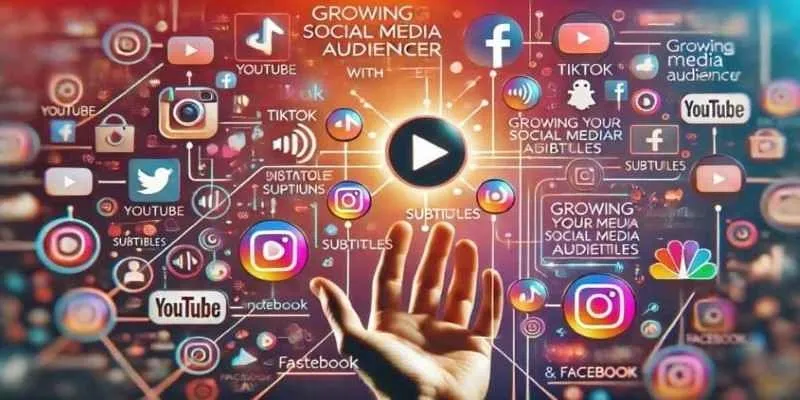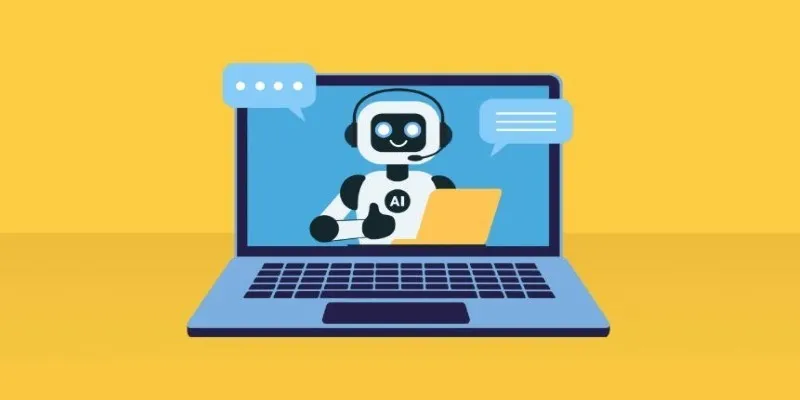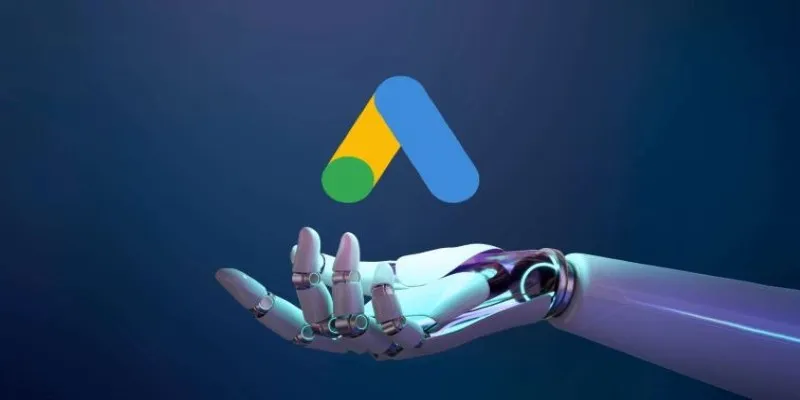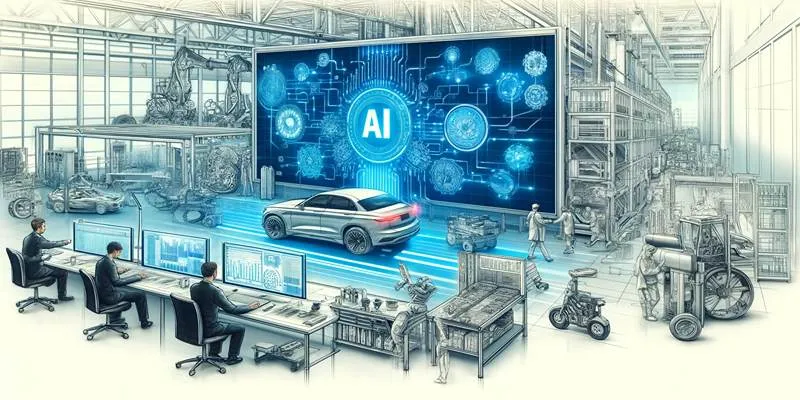Artificial intelligence (AI) is rapidly transforming the way businesses manage their workforce. By 2025, HR departments are integrating AI not just as a tool but as a cornerstone of their strategic vision. From smarter hiring processes to personalized employee support, AI is enhancing efficiency, enabling better decision-making, and adding a more human touch to the workplace. This blog post delves into the top HR trends of 2025 , focusing on how AI is unlocking unprecedented levels of productivity and helping organizations grow intelligently.
AI-Powered Hiring Becomes Standard Practice
One of the most notable shifts in HR is the evolution of hiring processes, which are becoming faster and more accurate thanks to AI. Companies no longer depend solely on human recruiters to screen resumes or schedule interviews. Instead, AI manages these preliminary steps, saving time and increasing accuracy.
AI systems can efficiently sift through thousands of applications to identify the best candidates based on keywords, skills, and experience. Predictive analytics tools can also forecast which job applicants are most likely to succeed, reducing bias and expediting the hiring process.
Benefits of AI in Hiring:
- Faster resume screening
- More accurate job-candidate matching
- 24/7 chatbots to assist with application queries
- Automated interview scheduling
Consequently, hiring managers can spend more time engaging with top talent and less time on repetitive administrative tasks.
Personalized Employee Experiences
AI is enabling HR to move away from generic programs and offer more personalized experiences to each employee. By 2025, personalization is no longer a luxury—it’s an expectation. By analyzing employee behavior, preferences, and performance, AI tools provide support that feels uniquely tailored to each individual.
These systems suggest training programs based on skill gaps, track progress, and even offer personalized wellness advice. Employees receive timely nudges, relevant resources, and targeted growth opportunities.
This trend is leading to:
- Increased job satisfaction
- Higher productivity
- Improved retention rates
Personalized experiences demonstrate to employees that they are valued, increasing their likelihood to stay and contribute.
Enhancing Employee Engagement with AI
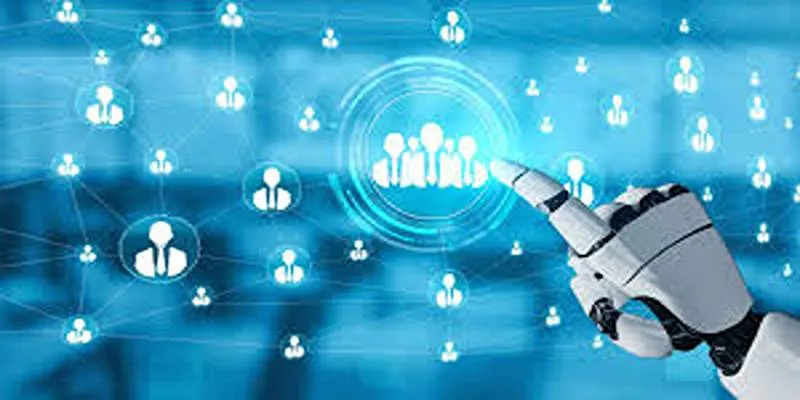
Maintaining employee engagement is a significant challenge in any organization. In 2025, AI helps HR teams identify issues early and respond promptly. Through sentiment analysis, feedback tools, and behavior tracking, AI can detect if employees are losing motivation or feeling disconnected. Instead of relying on annual surveys, AI systems provide real-time insights.
Key Ways AI Boosts Engagement:
- Adaptive pulse surveys based on employee responses
- Recommendations for personalized recognition or support
- Alerts for managers to conduct one-on-one check-ins
These proactive measures help HR teams foster a healthier, more engaged workplace before issues escalate.
Predictive Workforce Planning Becomes Crucial
Workforce planning has always been vital, but by 2025, it becomes smarter and more precise. AI supports HR leaders by predicting staffing needs based on business goals, market trends, and internal data. By forecasting talent shortages or future role demands, organizations can plan training, hiring, or restructuring efforts.
AI-Driven Planning Benefits:
- Preparation for growth or downsizing
- Identification of areas needing upskilling
- Alignment of talent strategies with business outcomes
Planning no longer relies on guesswork—it’s informed by real-time, data-driven insights.
Automating Routine HR Tasks
AI is streamlining day-to-day HR operations. Many routine tasks—such as leave approvals, payroll, onboarding, and benefits administration—are now automated. This not only saves time but also reduces human errors and enhances employee satisfaction. HR professionals can focus more on strategic initiatives like culture-building and talent development.
Common Tasks AI Automates in HR:
- Employee record management
- Timesheet verification
- Policy updates and notifications
- Onboarding workflows
Automation ensures consistency, reduces costs, and enhances HR department efficiency.
Supporting DEI with Smart AI Tools
Diversity, equity, and inclusion (DEI) remain a top priority in 2025, and AI is instrumental in supporting these initiatives. HR teams use AI to track diversity metrics, identify potential biases in job postings, and ensure fair performance reviews. However, there’s an increasing awareness that AI systems must be trained on diverse and unbiased data.
To Support DEI Effectively, AI Must Be:
- Transparent in decision-making processes
- Regularly audited for bias
- Built with inclusive datasets
When utilized responsibly, AI aids in creating a more equitable workplace for everyone.
Personalized Learning and Development
As job roles continue to evolve, upskilling becomes crucial. AI aids this by personalizing learning paths for each employee. Training platforms in 2025 go beyond offering courses—they recommend content based on actual needs. By tracking employee skills, goals, and business trends, AI can suggest training that will have the greatest impact.
AI Supports Learning By:
- Tailoring content to individual skill levels
- Monitoring progress and adjusting recommendations
- Linking training to career development plans
This approach keeps employees future-ready while helping companies efficiently close skill gaps.
Real-Time, AI-Based Performance Management
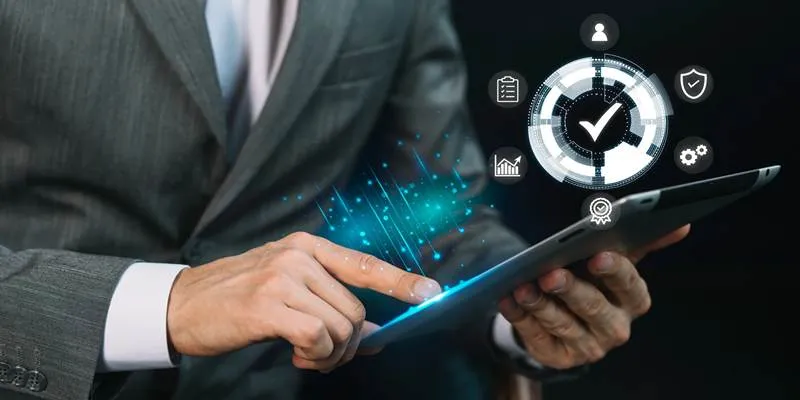
Real-time, AI-supported feedback systems are replacing traditional performance reviews. These tools provide instant performance insights, highlight areas for improvement, and recommend next steps. Managers receive alerts and dashboards that help them better support their teams, while employees benefit from more frequent, meaningful feedback.
Features of AI-Based Performance Management:
- Goal tracking dashboards
- Behavior and project-based feedback
- Automated performance summaries
This trend fosters transparency, fairness, and continuous growth throughout the year—not just during annual reviews.
Conclusion
AI in HR is no longer optional—it’s essential. By 2025, companies embracing AI are witnessing improvements in efficiency, employee satisfaction, and workforce agility. But it’s not just about the tools—it’s about how they are used. When organizations combine AI’s capabilities with human values like empathy and fairness, they unlock a future where technology enhances—not replaces—the human side of HR. The best HR teams in 2025 will be those that leverage AI to become more human, not less.
 zfn9
zfn9

